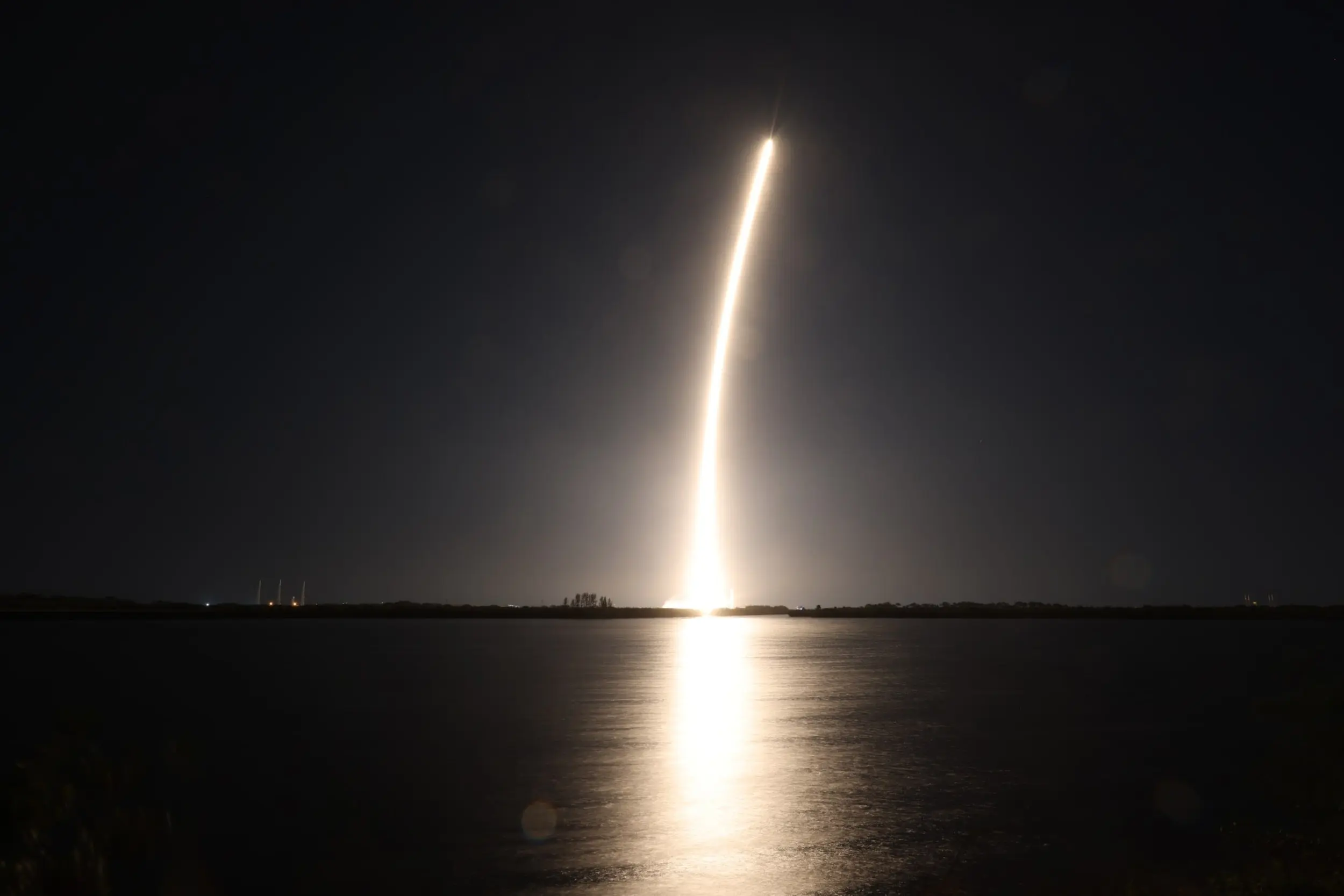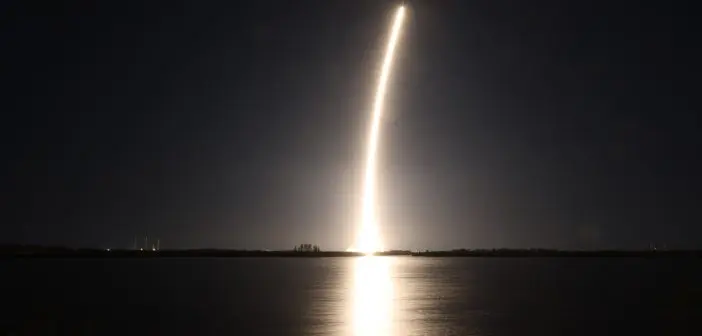
Korean consumer electronics and appliance company Samsung wants to become part of the space industry. The Korea Economic Daily newspaper reports Samsung plans to start manufacturing space infrastructure and components.
Subsidiary Samsung Construction and Trading Corporation has begun an early start research and development project. Among other things, it is examining building a rocket launch pad. The company is in joint venture talks Seoul National University’s Department of Aerospace Engineering about the project. Discussions have been underway since late last year.
South Korea has ambitions to become a major space nation. However, there is a divide about whether the country should focus launch infrastructure, space components and manufacturing tools or big ticket and technologically complex projects such as rocket launches and space exploration.
Existing skills could give Korea a competitive advantage
South Korea is one of the few countries capable of transferring its manufacturing strengths from semiconductors and nuclear power to offshore plants into the space industry,” said Seoul National University Professor of Aerospace Park Hyeong-jun.
Other Samsung companies have begun hiring space scientists. Earlier this month, Samsung signed a space agreement with the Korea Astronomy and Space Science Institute. They will join forces to develop secondary payloads for a domestic CubeSat. The CubeSat, K-Rad Cube, is scheduled to be aboard NASA’s Artemis II test flight. Samsung Electronics will use it to see how its next-generation semiconductors fare against radiation in high-Earth airport.
South Korea isn’t the only country wanting to build launch pads. But its experience building complex high rises, Artic and deep sea industrial plants could give it a competitive advantage.
However, last year, the government tasked the Korea Aerospace Administration (KASA) with completing a lunar landing by 2032 and Mars exploration by 2043.
Last week KASA chief Yoon Young-bin told Seoul-based journalists that the agency has launched a dedicated task force to explore participating in future Mars missions with the United States
“The US budget for space exploration is increasingly focused on Mars,” he said. “In Korea, we have only recently begun to consider what actions we should take. We need to devise exploration plans that are not only scientific but also economically viable.”
Competing Korean space visions
The big picture space vision contrasts with the niche specialisations advocated by some Korean industry insiders advocate and the path that Samsung may take.
Yoon says KASA wants to set up a solar observation station at the unexplored L4 Lagrange point and developing a proprietary lunar lander, as well as securing leadership in next-generation aviation technologies.
In contrast, Samsung’s relatively recent interest in space is partly driven by a need to stimulate business growth. Executives were criticised at a shareholder’s meeting in March about weak earnings and a lacklustre share price. Its core semiconductor business is under challenge from newcomers such as NVIDIA and cheaper Chinese competitors.
Meanwhile, the US space launch services market is projected to grow from around USD5.1 billion in 2025 to around USD18.7 billion by 2034. Samsung wants to wants to become part of the space industry and invest in emerging technologies. It says the space infrastructure sector is still relatively uncrowded and represents a “blue ocean” opportunity.





